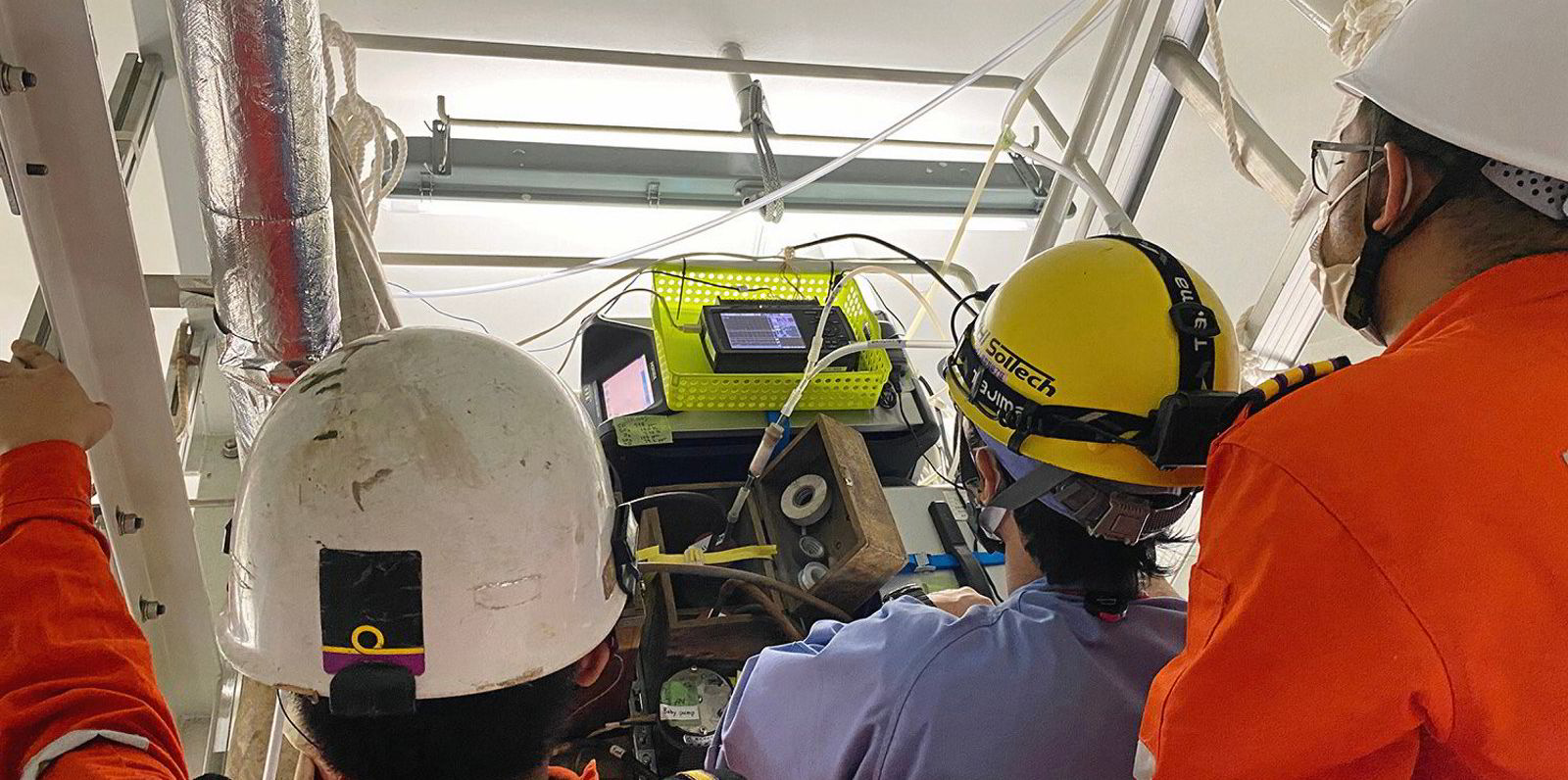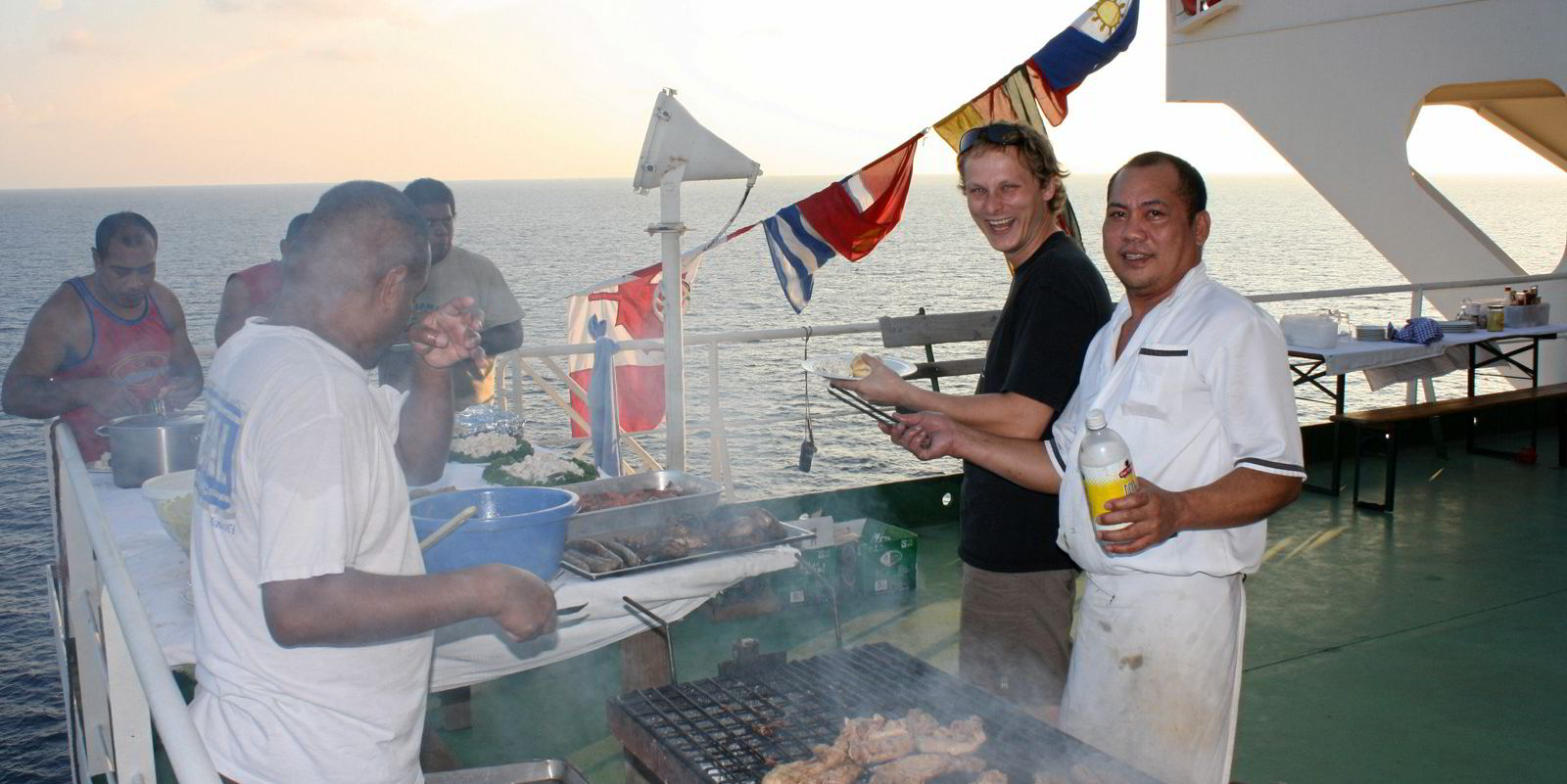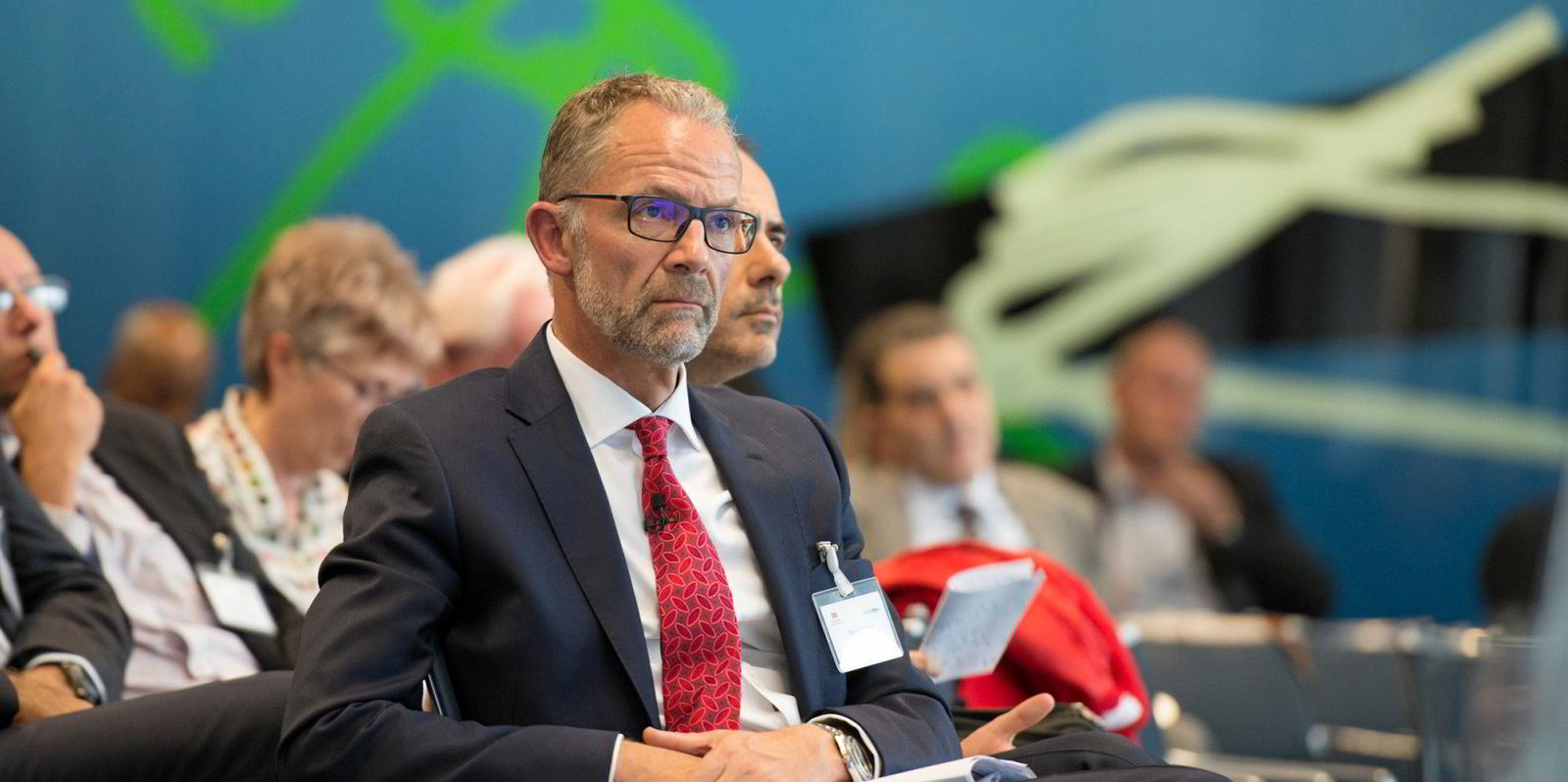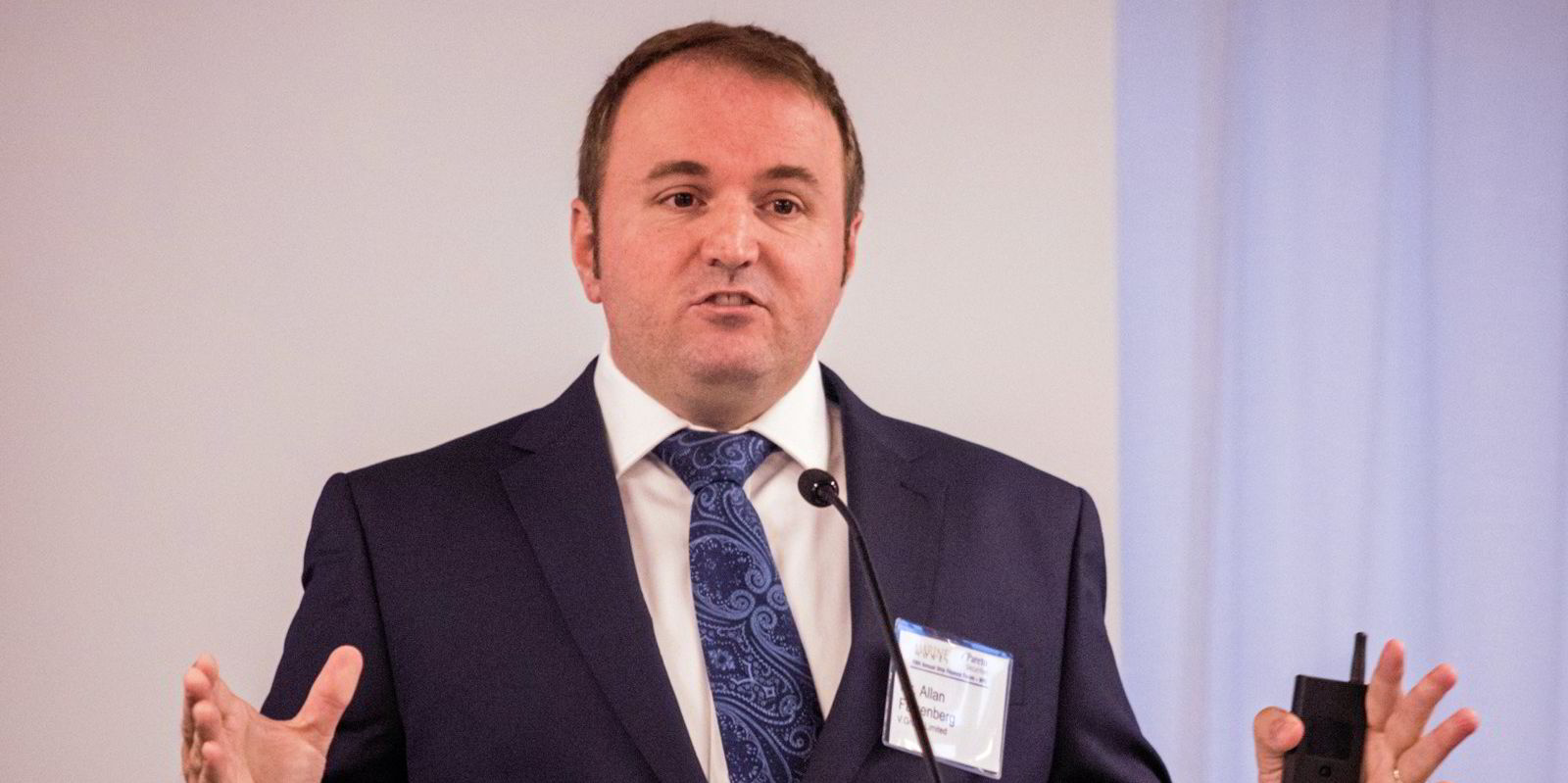Shipowners are facing a growing generation gap on board vessels that could lead to a recruitment headache.
This is the view of psychologist Charles Watkins, managing director of Mental Health Support Solutions (MHSS), which works with seafarers through a partnership with Columbia Shipmanagement.
He has noted an increasing conflict between the older generation and new recruits, based on several case studies he has conducted.
"There seems to be a fundamentally different approach to work," Watkins told TradeWinds.
He sees the younger generation as well informed about what they have to do and what they don't have to do.
"I think the previous generation did everything that was required of them and that they were told, they didn't question it, they just did it," he said.
"The younger generation is starting to say, 'Wait a minute, that's not part of my job; or 'It's not something I specialised in'."
As a result, more senior personnel are seeing "pushback" from their juniors, which can be partly explained by younger crew being better informed through internet access.
"The way they use their devices is different," he said. "They often go back to their rooms and spend a lot of time on the internet, they're used to it, they do the same thing probably on land."
This makes it hard for these newer seafarers to connect with the rest of the crew.
Older crew members tell him Watkins that their colleagues "stay away all the time, they're in their room", and then, about a week before the contract ends, they show up and want a good recommendation.
The MHSS boss acknowledged that not all younger recruits are like this.
But he said: "They're not necessarily interested in being part of the crew or doing something together with them because they're very much focused on friends at home, but also on the possibilities that the internet allows them to have.
Two worlds collide

"It is a respect thing. The cadets say: 'I don't feel respected by my superior. He can't treat me this way, it's not fair, it's not right'.
"Because they're more connected, they read up on these things. They call us: 'This guy's cursing, he's insulting me, he's humiliating me'. Then we step in."
Watkins argued that a disrespectful tone is sometimes used towards cadets and younger seafarers.
The older generation tell him they had to suffer silently and go through the ranks like anyone else — but that is not happening as much any more.
He believes experienced crew members have to be educated to find the right way to communicate.
"Let's get rid of the toxic history," he suggested. "It's a question of how the gap can be closed before it gets too big."
Young seafarers, of course, have other options. They can quit shipping altogether or go to another ship manager and see if it is better and if it respects mental health.
And Indians, Filipinos and Ukrainians on board are developing a stronger voice, becoming less hesitant to speak up.
And Watkins sees evidence that shipping companies are starting to have recruitment difficulties. "There is less and less interest in general in a career at sea."
However, companies are now looking more at retaining those people they have invested in, he believes.
"The industry has to react to this before it's too late," he said.








